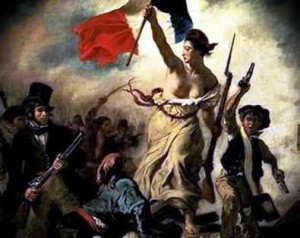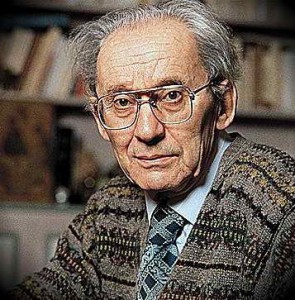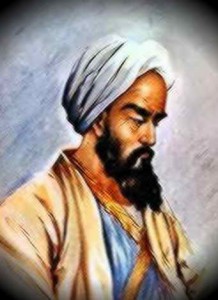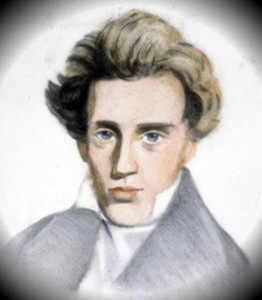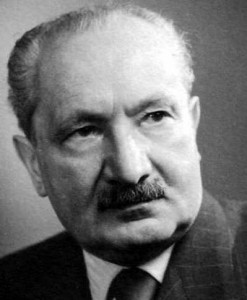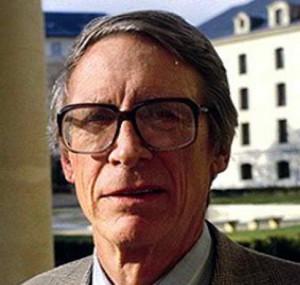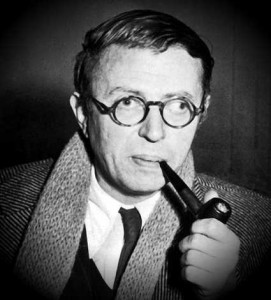 By the analysis of the metaphisic reality of the Sartrs’s “Nausea”, I would like to emphasize the following: how the apprehention of objective environment able to turn a man into an individual who is guided by his/her existention?
By the analysis of the metaphisic reality of the Sartrs’s “Nausea”, I would like to emphasize the following: how the apprehention of objective environment able to turn a man into an individual who is guided by his/her existention?
The choice determines the level of internal freedom of human and finally finds the fact of spiritual existence. If the choice has been made, – all consequences fall fully on the person who made that choice. If the choice wasn’t made as a result of free will of individual based on the internal grounds, but was a “side-effect” of Continue reading

